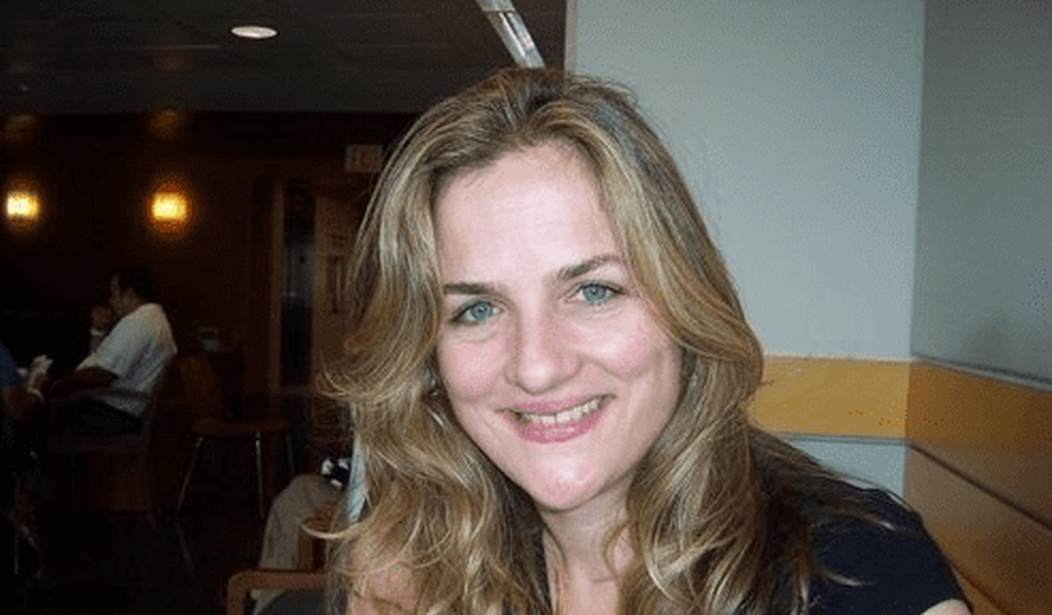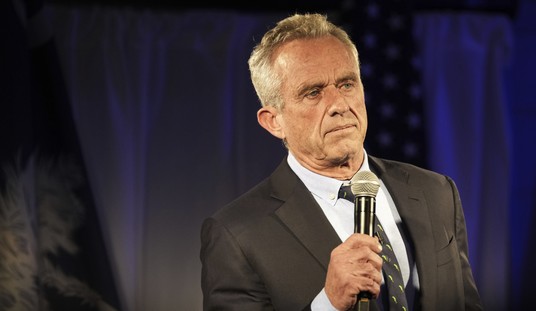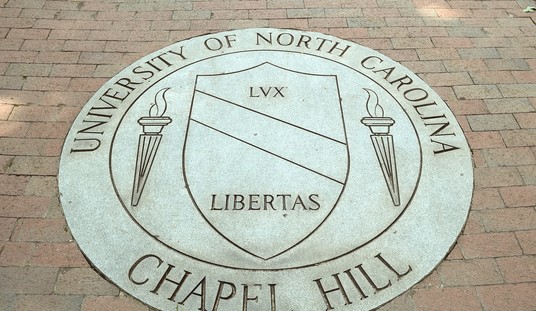Dëvar Torah – Parashath Nitzavim (XXIX, 9-XXX, 29)
“I have called to witness concerning you the Heavens and the Earth; life and death have I placed before you, the blessing and the curse, and you should choose life, in order that you and your descendants will live. To love [lë’ahava] Ha-Shem your G-d, to listen to His voice, and to adhere [ulëdovqa] to Him; for He is your life and the length of your days, to settle in the land which Ha-Shem swore to your fathers, to Avraham, to Yitzchaq, and to Ya‘aqov, to give to them.” (XXX, 19-20)
G-d made a covenant with Avraham, and told him:
And I shall erect My covenant between Me and you and your descendants after you, as an eternal covenant [livrith ‘olam]. (Genesis XVII, 7)
Rashi writes:
And what is the bërith? To become your G-d.
Moshe builds on this, telling Israel at the beginning of the parasha that the covenant into which G-d entered with them in the desert was:
… with those who are here with us standing today, and with those who are not with us today. (XXIX, 214)
The Rabbis emphasize that this includes not only all the future generations of Israel who would be born, but also all the gérim, the converts who would join Israel from the other nations (cf. Shavu‘oth 39a and Shabbath 147a).
So why was it that the bërith ‘olam made with Avraham was not sufficient, and this subsequent bërith was necessary? On that, how is it possible to make and enforce a covenant with people who are not present?
The term Elo-him, translated “G-d” in the above passage, describes G-d in the Bible as the ultimate source of all the powers and forces with which the world was brought into being and continues to be maintained. In that sense, then, He is surely the G-d of all the world. Yet the relationship to which the Torah alludes in the above passage is a much closer, more intimate relationship.
The intimacy of the relationship is emphasized, for instance, by the way in which G-d addresses first Avraham and later Israel. To Avraham, He declares:
I am Ha-Shem Who brought you out of Ur Kasdim. (Genesis XV, 7).
And to Israel:
I am Ha-Shem your G-d Who brought you out of the land of Egypt, the house of slavery. (Exodus XX, 2).
The emphasis is on the personal details; we find no mention of the broader, grander Creator of Heaven and Earth which we might expect.
Similarly, we find that G-d says of Avraham:
And Avraham will surely become a great and mighty nation, and all the nations of the Earth will be blessed through him; for I know him perfectly, that he will command his sons and his household after him, and they will keep the way of Ha-Shem to do justice and judgment. (Genesis XVIII, 18-19)
This sounds very like the function G-d assigned to Israel at Sinai — to be the “kingdom of kohanim and holy nation” (Exodus XIX, 6). So, again it appears that the two bërithoth duplicate one another, and we wonder again why the second one was needed.
The great 16th century rabbi of Prague, Yëhuda Loeb Löwy, known affectionately throughout the Jewish world as the Maharal miPrag, tells us that our parasha sums up the essence of this intense intimacy. That it consists of lë’ahava … ulëdovq:
For the love of Ha-Shem, may He be blessed, is adherence/devotion [dëveiquth] to Him, for all ahava is the dëveiquth of the lover to the loved one. (Chiddushei Agada II, on Nëdarim 62a)
The verb employed here is identical with the one used in the Torah’s definition of marriage:
Therefore a man will leave his father and his mother and adhere [vëdavaq] to his wife. (Genesis II. 24)
The Hebrew word for “love,” ahava, is built on the root alef-hé-béyth, which is itself built on the primal root hé-yud-béyth through the process of contracting the middle semi-vowel and adding the radical prefix alef, applying an etymological principle which has been used before in these pages. In this case, the primal root does not occur in its own right in the Biblical corpus, but it appears to occur as the imperative mood of the verb yahav, which drops the prefixed yud in certain circumstances. This word, the common Aramaic verb “to give,” also finds employment in the Holy Language (cf. e.g. Proverbs XXX, 14, Ruth III, 15, and Hoshea IV.18) in a range of meanings encompassing “give, put, place,” and also is used as an exhortative (“come on, let’s … ”).
This suggests, then, that the dëveiquth which finds mention here and in Genesis is brought about by the lover’s giving to the loved one by exhorting and encouraging the significant other.
But what can we give to Ha-Shem?
The Talmudic passage on which the Maharal is commenting above reads, in translation:
It is taught “to love Ha-Shem” that a person not say, “I’ll read Scripture so that they’ll call me wise, I’ll learn so that they’ll call me Rabbi, I’ll learn so that I’ll be an elder and sit in the academy”; rather, learn out of love, and the honor will in the end come.
The Maharal expands on his comment to explain that our gift to Ha-Shem is:
… by means of Torah study out of love, for dëveiquth in Him is through the Torah … and if one learns Torah with any other intention, he will not acquire dëveiquth in Him, which is love through the Torah, as it is written: “to love Ha-Shem” for he has no connection or adherence to the Torah when he does not learn Torah for its own sake; and therefore Scripture makes explicit “to love Ha-Shem your G-d,” that one should learn out of love and not for the sake of honor/glory [kavod], for then he is not in a state of dëveiquth in the Torah since his intention is only for kavod, and then he is not in a state of dëveiquth with Him.
The Maharal would have it that our gift to Ha-Shem is talmud Torah li-shmah, translated above as “learning Torah for its own sake,” in the spirit of loving Ha-Shem, Author and Grantor of the Torah. Indeed, in the evening service we open each day by saying of the Torah’s words:
[T]hat they are out lives and the length of our days, and we shall pore over them day and night, that Your love does not depart from us forever.
So why the second covenant? The answer, in my humble opinion, lies in the second convenant’s nature.
The great 10th century sage Rav Sa‘adya Ga’on declares near the beginning of his classic work Emunoth vëDé‘oth: “Our nation is a nation only through the Torah.”
To be sure, our father Avraham laid the ethnic base on which the Holy Nation would one day be founded, and from which most modern Jews are fully descended. But the nation of Israel did not come into being until it was granted its constitution, the Torah, at the foot of Sinai. It was in order to incorporate all of those souls which were destined ever to be part of Israel, regardless of where or amongst whom they were born, that, as the midrash tells us, all of those souls were “present” metaphysically on the plains of Mo’av as Moshe sealed the second covenant, that of the Torah-nation.
It strikes me that, in this sense, there is an organic similarity between the United States, the “kingdom of kindness” — as the 20th century sages Rabbi Moshe Feinstein and Rabbi Yo’él Teitelbaum, the Szatmárer Rebbe, were both wont to call it — and the Holy Nation. Both are founded on the spiritual and intellectual heritage of a specific ethnic stock, yet both transcend that ethnic heritage. Anyone who is prepared to accept the American values of morality and self-reliance (preferably through reliance on G-d; “in G-d we trust” appears on the coinage; “one nation under G-d” is part of the Pledge of Allegiance) which are, of course, ultimately based on Torah values, can become an American regardless of ethnic heritage.
And anyone whose soul was present on the plains of Mo’av can join Israel, and sing the love-song to Ha-Shem through study of the Torah, entering that state of adherence and devotion which we call dëveiquth.








Join the conversation as a VIP Member